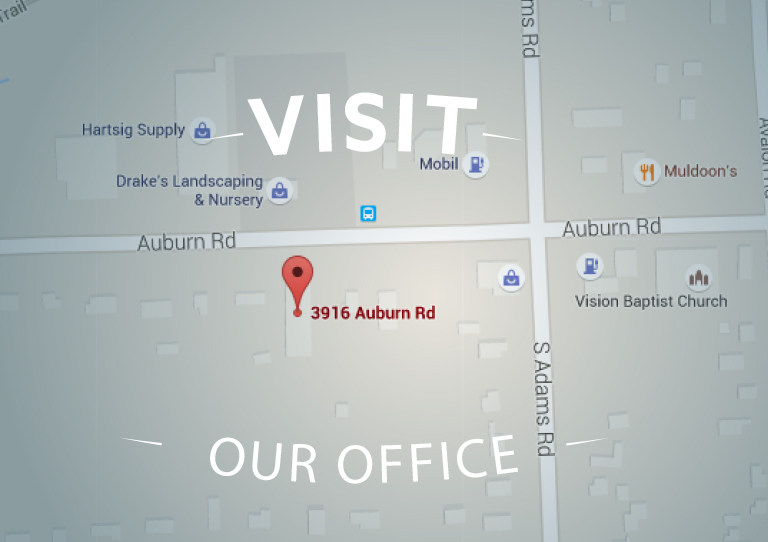 There are a variety of problems you can expect when you do not take action to address tooth loss. Aside from the obvious cosmetic concerns, you can suffer an increased risk for losing additional teeth. You can also suffer jawbone resorption, a situation where your jawbone surrounding a lost tooth’s socket will deteriorate over time. A dental implant protects you against an increased tooth loss risk, cease jawbone resorption, and support a natural-looking prosthetic tooth. The implant enjoys superior stability, as the healing process of placement will see your jawbone fuse with the implant.
There are a variety of problems you can expect when you do not take action to address tooth loss. Aside from the obvious cosmetic concerns, you can suffer an increased risk for losing additional teeth. You can also suffer jawbone resorption, a situation where your jawbone surrounding a lost tooth’s socket will deteriorate over time. A dental implant protects you against an increased tooth loss risk, cease jawbone resorption, and support a natural-looking prosthetic tooth. The implant enjoys superior stability, as the healing process of placement will see your jawbone fuse with the implant.
How A Dental Implant Is Placed
Before you can have a dental implant put into position, your dentist will need to do an initial evaluation. Some patients may have preexisting issues that interfere with placement, or call for a different dental prosthetic solution. When you are approved, your implant can be set into your jawbone, in the area where your tooth used to reside. Your prosthetic tooth can be permanently fitted onto your implant once you are fully healed from the process.
Why Supporting Your Jaw Health Matters
The condition of your jaw can affect your appearance, and your quality of life. Leaving a lost tooth without a replacement will increase your risk for losing more teeth. Missing teeth can also leave you vulnerable to jawbone resorption, which can affect your appearance, and rob you of dental support. Implants offer the benefit of stopping jawbone resorption, something other dental prosthetics fail to address. When you correct tooth loss, and can put a stop to jawbone resorption, you can protect your oral health.



